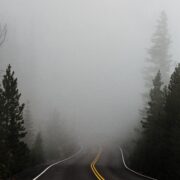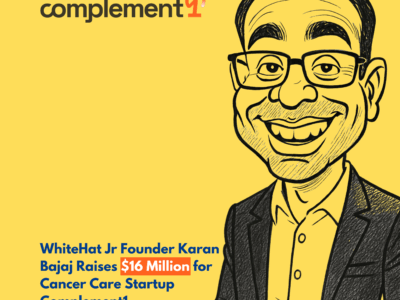
An idiotic proposition.
There are two issues the purposes of which many people, otherwise smart, accomplished, educated, and intelligent, either can’t understand or refuse to: taxation and affirmative action (aka reservations in India).
In fact, I had written about the taxation issue separately earlier, for those who may be interested.
Both (taxation and affirmative action) of these are seen from a purely economic perspective, when the equally (perhaps even a slight bit more) important objective is social, on which depends the survival of democracy, or indeed civilisation itself.
What can we do to correct this? Many things. For starters, we could have a chapter dedicated to each of these in our Std X Civics syllabus with one compulsory 10-marks question on each in the final exam. Given how every family wants their kid to score 100% in every subject, chances are at least the children will learn answers to these two questions, if nothing, by rote, thereby embedding them into their subconscious, which can help them understand it later as they grow from being privileged, but clueless, kids to privileged, and assholey, adults. Somewhere, at the back of their minds, there’ll be that little paragraph they committed to memory at some point in their life, that may humanise their perspective later. Or at least I hope so.
Unfortunately, the very target group that needs to be educated about this (the one that consists of people who pay income/direct tax and are born into privilege) are the ones that control our education system.
Is it that they, as I wondered earlier in this post, can’t see it? Or won’t? As a humanist, I’d like to give them the benefit of doubt and go with the former, hoping it is privilege-blindness and not some irrational phobia that keeps them away from acknowledging and understanding how taxation and affirmative action are great tools for social change and even cultural evolution. And that is why I believe that a couple of chapters with non-optional questions in the board exams will at least raise the bar of consciousness for the coming generations. The question, of course, remains: Who shall bell the cat?
Does anyone else have better ideas?
Interesting side note: Even capitalism cannot survive without the social angles to taxation and affirmative action.


















